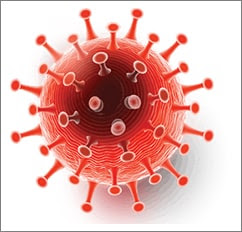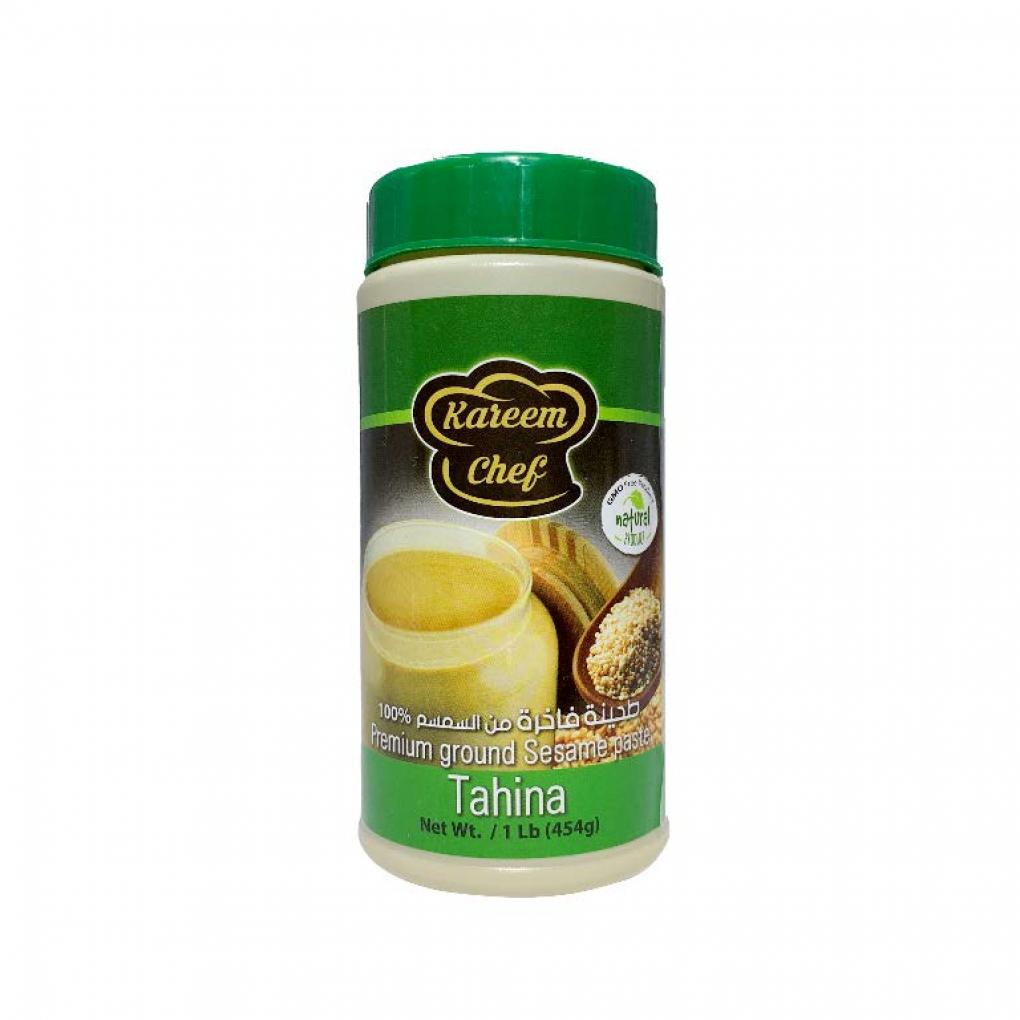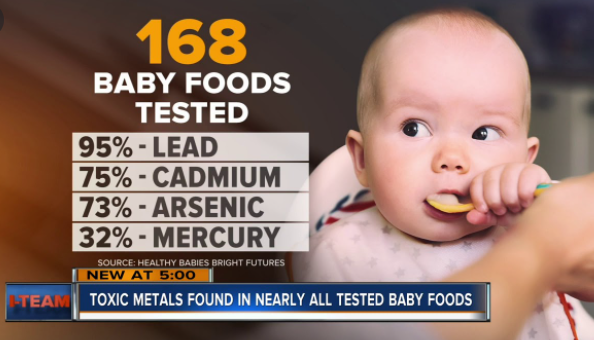An article entitled “Prevalence of SARS-CoV-2 Contamination on Food Plant Surfaces as Determined by Environmental Monitoring” (J Food Prot (2021) 84 (3): 352–358) investigates the prevalence of SARS-CoV-2 in environmental samples in zones 3 and 4 of 116 food production facilities. During the study period, from 17 March to 3 September 2020, 1.23% of the 22,643 environmental samples tested positive for SARS-CoV-2, suggesting that infected individuals were actively shedding the virus. Frequently touched surfaces such as doorknobs, computer devices, tabletops, and sanitizers had the most contamination. The study shows that environmental monitoring for SARS-CoV-2 can be used as a surrogate for identifying the presence of asymptomatic and pre-symptomatic personnel in workplaces and may aid in controlling infection spread. The data generated during the study enabled participating production facilities to fine-tune their COVID-19 safety protocols and make personnel testing decisions. The human and environmental samples collected in the same facility at the same time indicated that in the absence of personnel testing, environmental testing for SARS-CoV-2 could indicate the presence of active human infections. @ https://meridian.allenpress.com/jfp/article/84/3/352/451350/Prevalence-of-SARS-CoV-2-Contamination-on-Food
ruth
ruth
In 2018 and 2019, there were outbreaks of different strains of E. coli on romaine lettuce in the USA and Canada. In a new study, published in the journal Ultrasound in Medicine and Biology (https://www.umbjournal.org/article/S0301-5629(21)00052-1/fulltext), researchers used ultrasonically activated stream (UAS) to remove microbial contamination from spinach leaves obtained from the field and compared the results with leaves rinsed in plain water. The microbial loads on samples cleaned with and without UAS were enumerated and compared to unwashed samples on day 0 and day six after cleaning. Results showed that the microbial load on samples cleaned with UAS for 2 min was significantly lower on day six after cleaning than those treated without ultrasound. A cleaning duration of 2 min allowed sufficient time for UAS to disaggregate and detach the microbial contamination more effectively. The UAS cleaning did not produce significant surface damage. The treatment demonstrated the potential to extend the food shelf life of the leafy greens.
ruth
The FDA announced that Kareem Mart (Garden City, MI) recalled its 1lb, 2lb, 10kg of “Tahina” food treats because they can be contaminated with Salmonella. The recalled “Tahina” were distributed in Mediterranean food stores in Michigan and Chicago, IL, between April 2020 to October 2020. No illnesses have been reported to date in connection with the problem. The problem was discovered. after routine testing of samples in stores by the Michigan Department of Agriculture and Rural Development (MDARD). Production of the product has been suspended while the FDA and the company continue investigating the source of the problem. @ https://www.fda.gov/safety/recalls-market-withdrawals-safety-alerts/kareem-mart-recalls-tahina-because-possible-health-risks
KAREEM MART of Garden City, MI, is recalling its 1lb, 2lb, 10kg of “Tahina” food treats because they have the potential to be contaminated with salmonella, an organism which can cause serious and sometimes fatal infection in young children, frail or elderly people, and others with weakened immune sy
After the scandal evolved relating to high levels of arsenic, lead, and other toxic metals in many popular baby foods, the FDA announced new actions to prevent or reduce chemical hazards that may be present in foods for babies and young children. The FDA issued a letter to the industry to remind the industry about their responsibility and promised an action plan to reduce toxic elements in foods for babies and young children. The FDA intends to issue guidance to identify action levels for contaminants in essential foods and provide guidance on meeting their obligations under current regulations. The FDA intends to increase the sampling of babies and young children to help drive down toxic elements in foods. The FDA is committed to reducing exposure to toxic elements in foods to the greatest extent feasible. @ https://www.fda.gov/news-events/press-announcements/fda-announces-new-actions-aimed-further-reducing-toxic-elements-food-babies-young-children?utm_medium=email&utm_source=govdelivery
FDA announces actions aimed at reducing toxic elements in food




